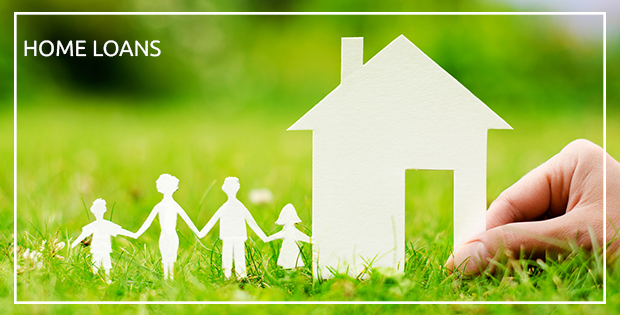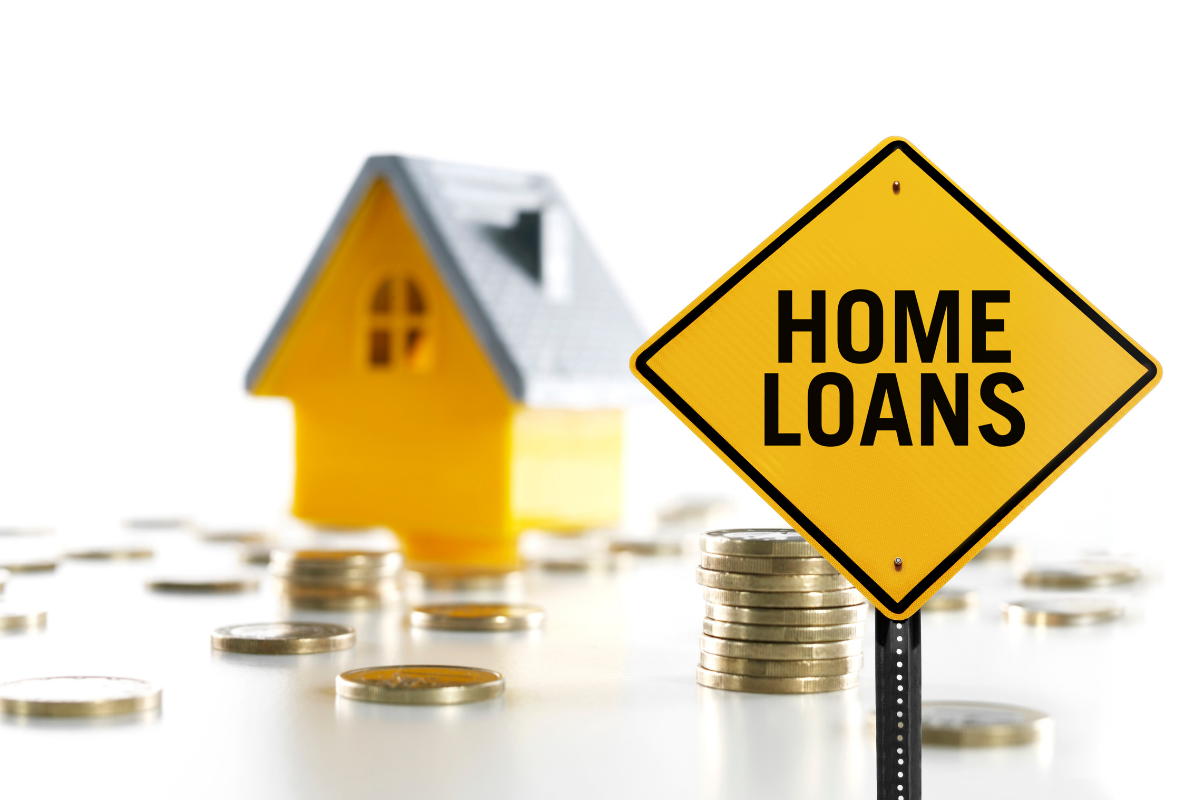If you’ve recently noticed that your mortgage payment has increased, you’re not alone. Many homeowners experience this situation, and it can be a cause for concern. However, understanding the reasons behind a mortgage payment increase can help you navigate the situation more effectively. In this blog post, we’ll explore some common factors that can cause your mortgage to go up and what steps you can take in response.
Adjustable-Rate Mortgage (ARM) Adjustment:
One of the most common reasons for a mortgage payment increase is having an adjustable-rate mortgage (ARM). ARMs typically start with an introductory fixed interest rate for a set period, such as five or seven years. After this initial period, the interest rate can adjust annually based on market conditions. If interest rates rise, your monthly mortgage payment may increase. To manage this, you can consider refinancing into a fixed-rate mortgage or budgeting for potential rate adjustments.
Property Taxes:
Property taxes are a significant component of your monthly mortgage payment, especially if your lender collects them on your behalf and pays them from an escrow account. If your local government raises property taxes or reassesses the value of your home, your property tax bill—and consequently, your mortgage payment—can increase. It’s crucial to stay informed about property tax changes in your area and budget accordingly.
Homeowners Insurance Premiums:
Homeowners insurance is another essential element of your mortgage payment. Insurance providers periodically review and adjust their rates based on various factors, including the cost of rebuilding homes and changes in the risk landscape (e.g., natural disasters). If your insurance premiums increase, it can lead to a higher mortgage payment. You can shop around for insurance quotes to potentially lower your premiums or explore different coverage options.
Private Mortgage Insurance (PMI):
If you have a conventional mortgage with less than a 20% down payment, you likely pay for private mortgage insurance (PMI). PMI premiums can vary based on factors such as your credit score and the loan-to-value ratio. If your credit score decreases or you haven’t built enough equity in your home, your PMI premium may go up. To reduce or eliminate PMI, consider making extra payments to build equity or refinancing when you reach the required threshold.
Escrow Account Adjustments:
Your mortgage lender may maintain an escrow account to cover property taxes, homeowners insurance, and possibly other expenses. Periodically, your lender will review and adjust the escrow account to ensure it has enough funds to cover these costs. If your property taxes or insurance premiums increase, your lender may adjust your monthly escrow payment to compensate. Be sure to review the escrow statement your lender sends you annually to understand any changes.
Interest-Only Period Ending:
Some mortgages offer an interest-only period at the beginning of the loan, during which you pay only the interest, not the principal. When this period ends, your payments may increase as you start repaying the principal. If this is the case, be prepared for the transition and budget for the higher payments.
Missed Payments or Loan Modification:
If you’ve missed mortgage payments or gone through a loan modification, your lender may adjust your monthly payments to account for the arrears or changes in the loan terms. Communicate with your lender to understand the reasons behind the adjustment and explore options to bring your payments back on track.
Conclusion:
A mortgage payment increase can be concerning, but it’s crucial to identify the specific reasons behind it. Understanding the factors contributing to the higher payment allows you to make informed decisions about managing your mortgage. If you’re uncertain about the increase or need assistance, don’t hesitate to reach out to your lender or a financial advisor for guidance tailored to your situation.



